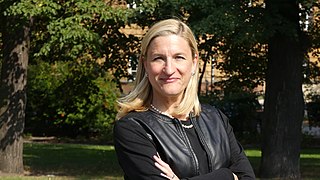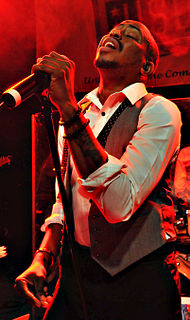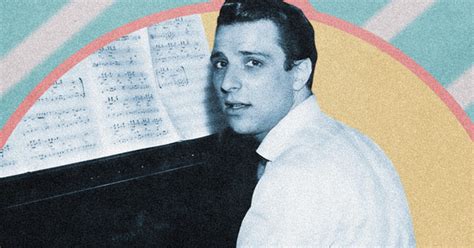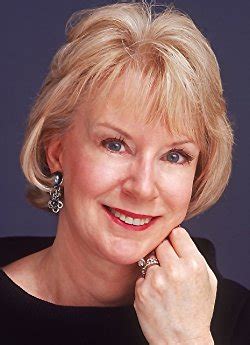A Quote by Jesmyn Ward
Faulkner's characters, too, were uneducated. They were deprived, but they were allowed to have very rich inner lives. I want to advocate for that, for inner lives that are much more complicated and more poetic than we think.
Related Quotes
GOOD AS NEW was born out of the idea of writing a play where the stakes were high and the collisions were of a verbal nature. Also I wanted to write a play where people were smarter than I was, and more alive than I feel normally. I became interested in the idea of characters who would surprise me. I guess one could argue that nothing comes out of you that wasn't within you to begin with, but maybe there are ways to trick yourself into becoming more an observer or an advocate for the characters.
When you had the World Trade Center go, people were put into planes that were friends, family, girlfriends, and they were put into planes and they were sent back, for the most part, to Saudi Arabia. I would be very, very firm with families. Frankly, that will make people think because they may not care much about their lives, but they do care, believe it or not, about their families' lives.
In this life, we are in a constant search for inner peace. We long for it in all aspects of our lives, both personally and professionally. The truth is that we cannot have inner peace without balance. It seems that having too much or too little of anything completely throws off our balance, therefore limiting our inner peace.
What people want now, they want jobs. They want great jobs with good pay. And I'll tell you, we're spending a lot of money on the inner cities - we are fixing the inner cities - we are doing far more than anybody has done with respect to the inner cities. It is a priority for me, and it's very important.
The newspaper stories were like dreams to us, bad dreams dreamt by others. How awful, we would say, and they were, but they were awful without being believable. They were too melodramatic, they had a dimension that was not the dimension of our lives. We were the people who were not in the papers. We lived in the blank white spaces at the edges of print. It gave us more freedom. We lived in the gaps between the stories.
These boys, now, were living as we'd been living then, they were growing up with a rush and their heads bumped abruptly against the low ceiling of their actual possibilities. They were filled with rage. All they really knew were two darknesses, the darkness of their lives, which were now closing in on them, and the darkness of the movies, which had blinded them to that other darkness, and in which they now, vindictively, dreamed, at once more together than they were at any other time, and more alone.
There was a sort of irony in the fact that these [superhero] characters - many of whom in that period, the Golden Age, had been evolved to fight the Nazis - were themselves very much in the Nazi ideal. The idea that you can solve problems through physical strength, by being stronger and more dominant and more powerful - that is fascism. I mean, that's it, that's the essence of fascism. I don't think the creators of the superheroes or the kids who were reading them at the time were the slightest bit aware of it.
To me, feminism in literature deals with the female characters being in some way central to the thematic concerns of the book, or that they are agents of change to some degree. In other words, the lens is focused deeply and intensely on the female characters and doesn't waver, which allows for a glimpse into the rich inner lives of the characters.





































